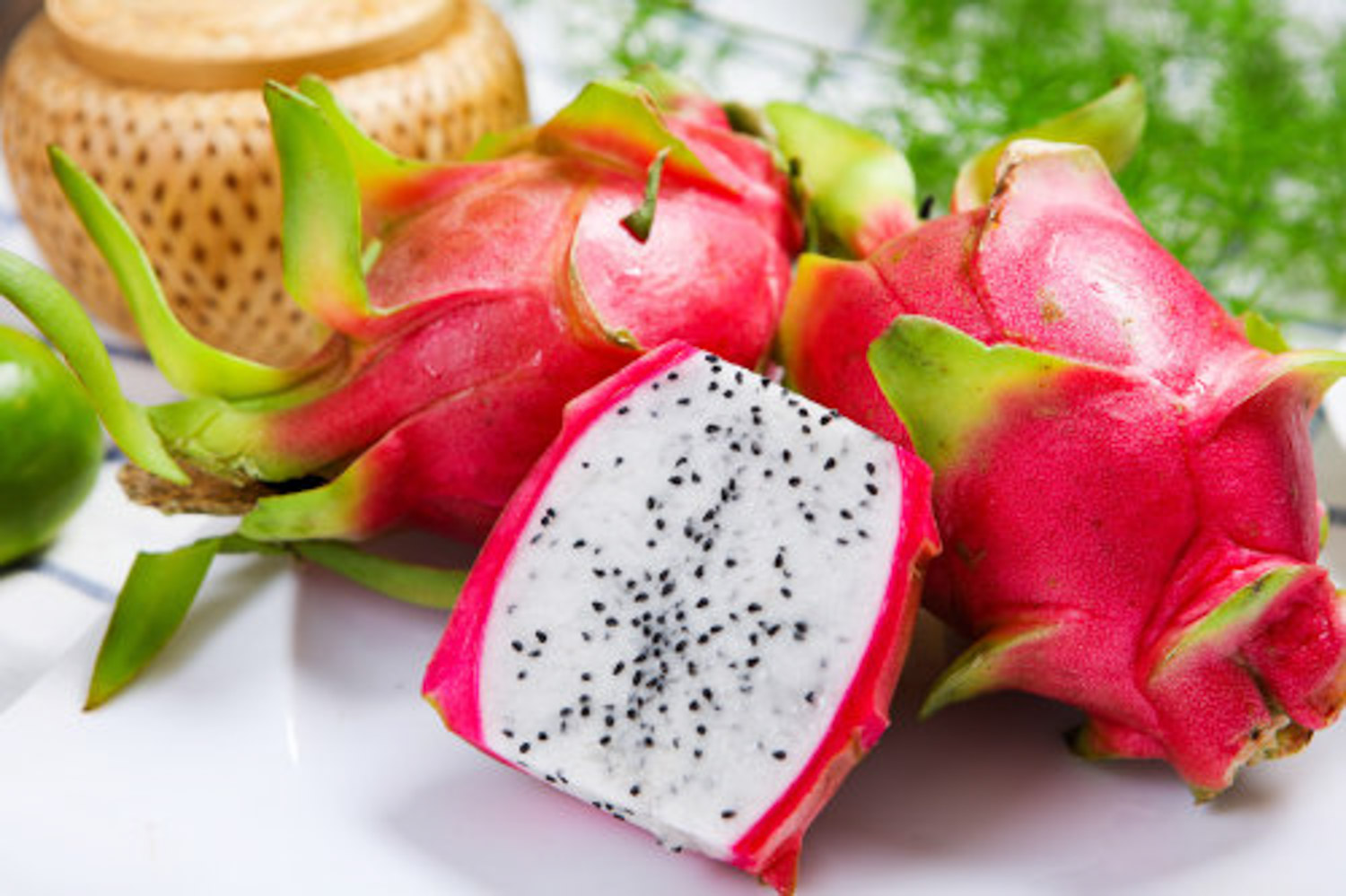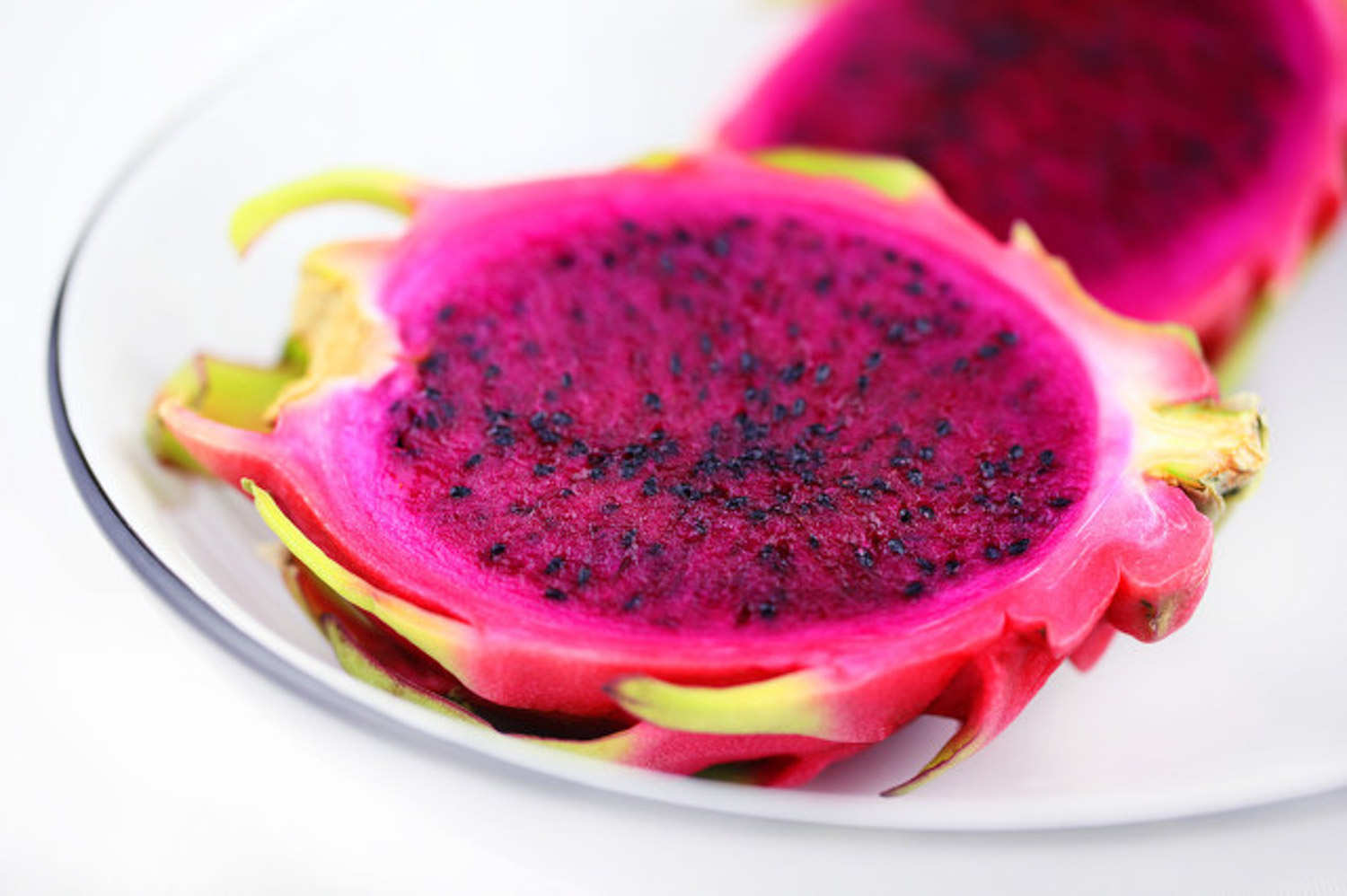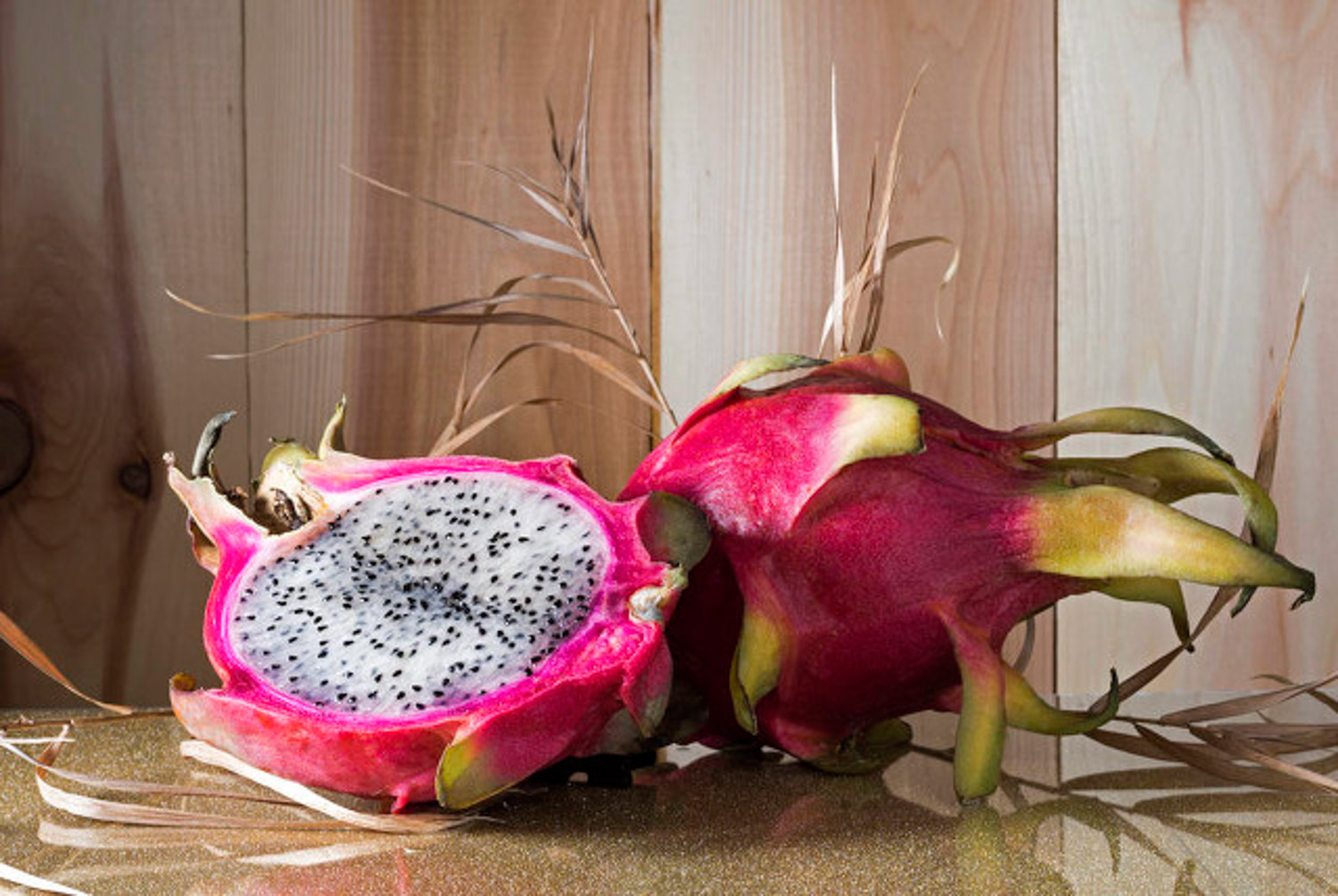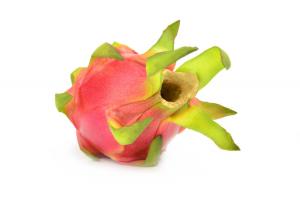1: Seed treatment
Prepare a pitaya fruit, peel off the outer skin of the pitaya fruit, take out the inner pulp, throw it into the water, crush it by hand, make a preliminary separation between the pulp and the seed, then filter out the large pulp by rinsing method, and continue rinsing the remaining seeds until the white film on the seeds disappears, and put the seeds on the plastic cover to dry
2、 Sowing and planting
Prepare the pot soil, spray the soil wet, and then sprinkle the dried pitaya seeds evenly on the soil surface, and gently cover a thin layer of soil. If you don't know well, you can not cover the soil. Keep the soil moist at ordinary times. Pitaya can germinate one after another in about 3 days. After germination, you should often bask in the sun to prevent the seedlings from growing in vain

3、 Ramet erection
When the seedlings of Pitaya are full in the flowerpot, they can be transplanted into the pot. When transplanting separately, it is best to plant 2-4 seedlings in a flowerpot. In the future, only the strongest one will be retained by the way of survival of the fittest. With the growth of the plant, a bracket should be set up in the pot to make the Pitaya grow vertically
4、 Pruning and fertilization
When the Pitaya grows to 4-5 branches, prepare a clean knife and cut off the top 3-5cm of the branches to remove the top advantage and promote the rapid branching of the Pitaya. Usually, bury some bone meal, chicken manure, cake fertilizer and cooked fat at the edge of the basin to supplement nutrients for the Pitaya

5、 Pollination results
For domestic pitaya, you must bask in the sun to ensure sufficient fertilizer and water. After the plant blooms, dip the pollen on the stamen with a brush and cotton swab, and touch the stigma on the pistil. After pollination, the plant can bear fruit. When the fruit grows pink, it means that the Pitaya is mature and can be harvested


 how many times do yo...
how many times do yo... how many planted tre...
how many planted tre... how many pine trees ...
how many pine trees ... how many pecan trees...
how many pecan trees... how many plants comp...
how many plants comp... how many plants can ...
how many plants can ... how many plants and ...
how many plants and ... how many pepper plan...
how many pepper plan...






























